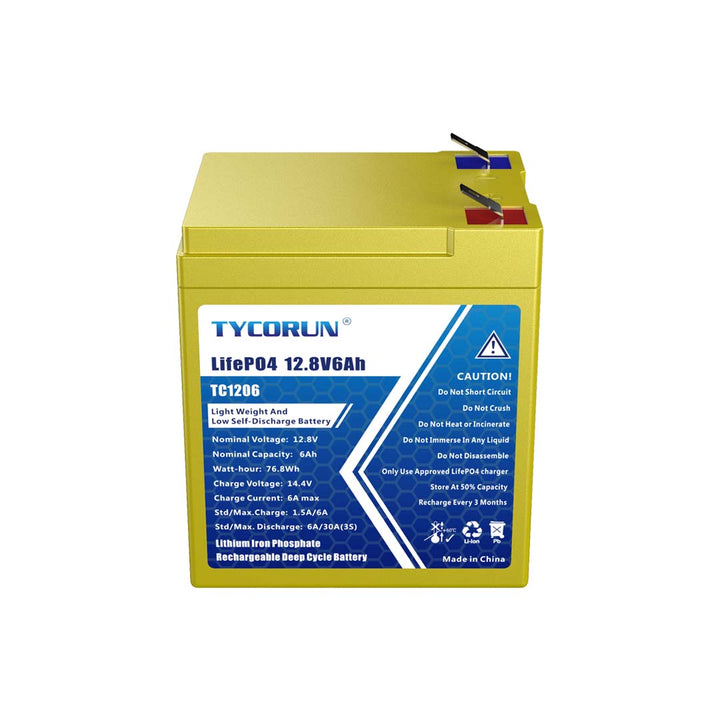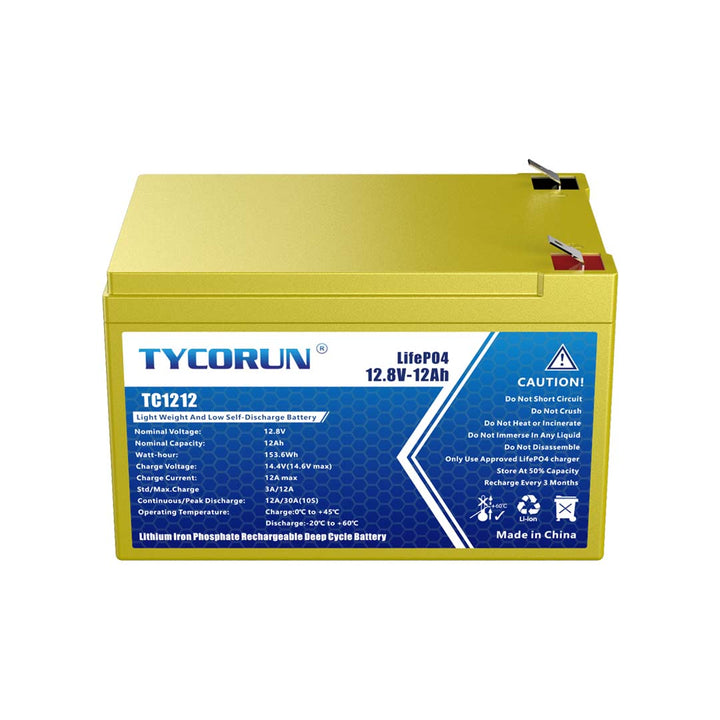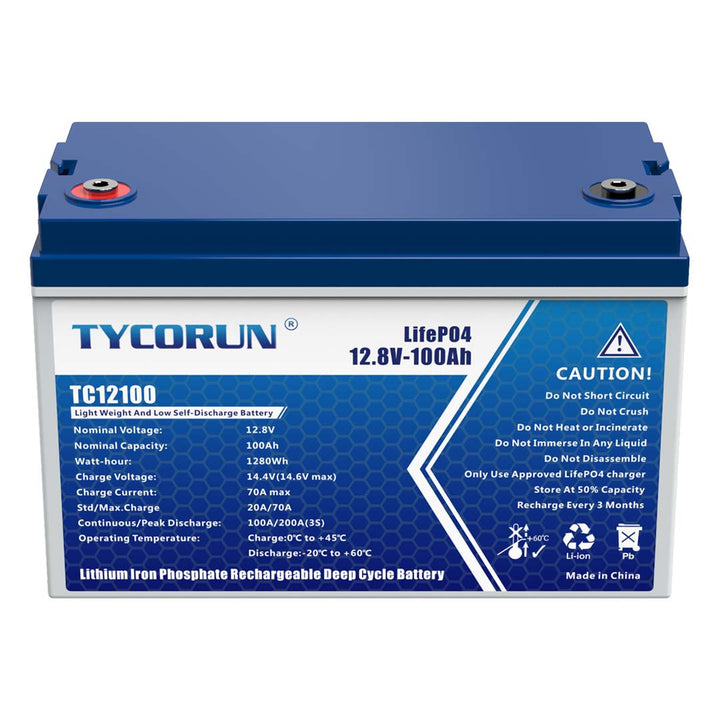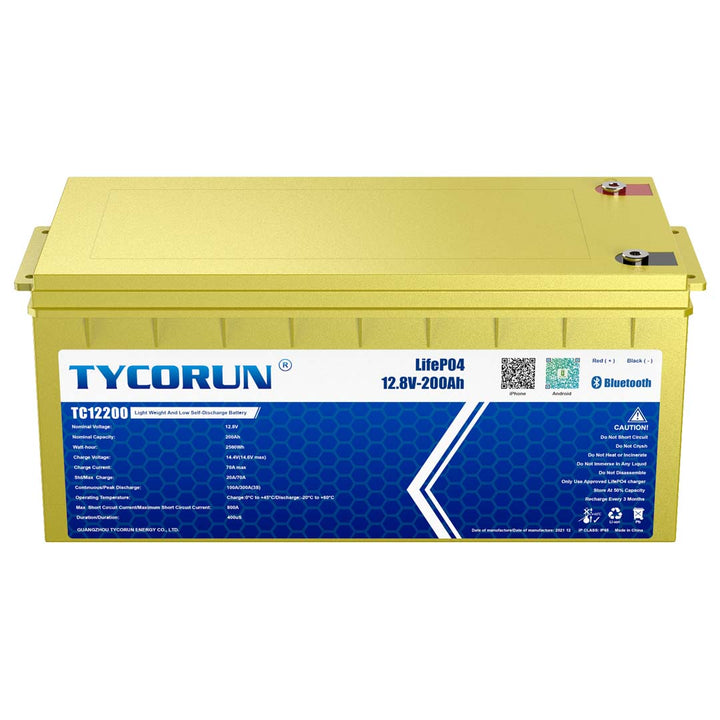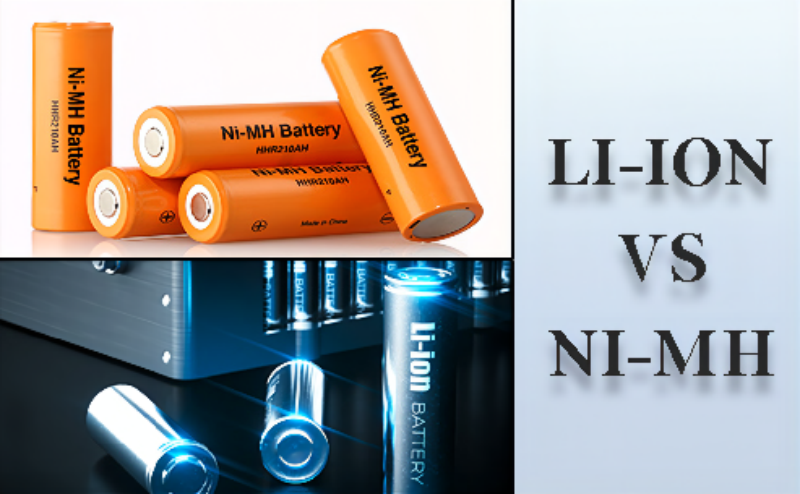
- What does nimh mean on a battery
- What does li-ion mean on a battery
- Application of li-ion and ni-mh
- The pro and cons of li-ion vs ni-mh battery
- Is nimh the same as lithium
- What type of rechargeable battery lasts the longest
- Is nimh safer than lithium-ion
- Which is better - li-ion vs ni-mh battery use in energy storage
- Can I charge a nimh battery with a li-ion charger
With the increasing number of devices in use today, more and more different battery types exist in order to meet the various device requirements. Batteries like li-ion and ni-mh are some of the common battery types in use all over the world today. But which battery type is best for your application and which is better than the other.
A comparison between li-ion vs ni-mh battery is needed to determine which battery best suits your specific needs. In this article, we’ll be going over the major differences and comparisons of a li-ion vs ni-mh battery.
1. What does nimh mean on a battery
nimh stands for Nickel-Metal Hydride and is a fairly common type of rechargeable battery used mostly with small mobile devices, remote control, power tools, and some other electronic devices. nimh contains internal negative electrodes that are made from hydrogen-absorbing alloys that make them very unique and different from other Nickel battery types. They are regarded as one of the most efficient Nickel battery types due to their energy density and capacity.2. What does li-ion mean on a battery
A lithium-ion battery is a rechargeable lithium battery with fairly more advanced design and technology than most batteries present. It uses lithium-ion alloys as its basic electrochemical component in addition to carbon giving it a high energy density rating all while being a lightweight battery.
They are the most commonly used battery for household electronics and mobile devices including phones, tablets, telecom devices, hoverboard, power tools, electric vehicles and so on, even used in large electrical equipment and energy storage systems.
The following are some common lithium battery specifications:
|
|
12v 6ah
|
12v 12ah
|
12v 100ah
|
12v 200ah
|
|
Product image
|
||||
|
Price & Discount
|
$49.00(-29%)
|
$79.99(-33%)
|
$579.99(-27%)
|
$999.99(-44%)
|
|
Charge Current
|
1.2A
|
2.4A
|
20A
|
20A |
|
Discharge Current
|
6A |
12A |
100A |
100A |
|
More information |
Click to get the details |
Click to get the details |
Click to get the details |
Click to get the details |
3. Application of li-ion and ni-mh
There are numerous applications and uses when comparing a li-ion vs ni-mh battery many of which are similar in some regard.
Application of ni-mh:
ni-mh batteries are known to supply high charges of current at once and are therefore common with devices that require high charges of energy at a go.They can either be made available in individual battery cells or larger battery packs depending on the applications. Some of these applications include flashlights, toys, portable devices, cameras, remote-controlled electronics, power tools, and much more.
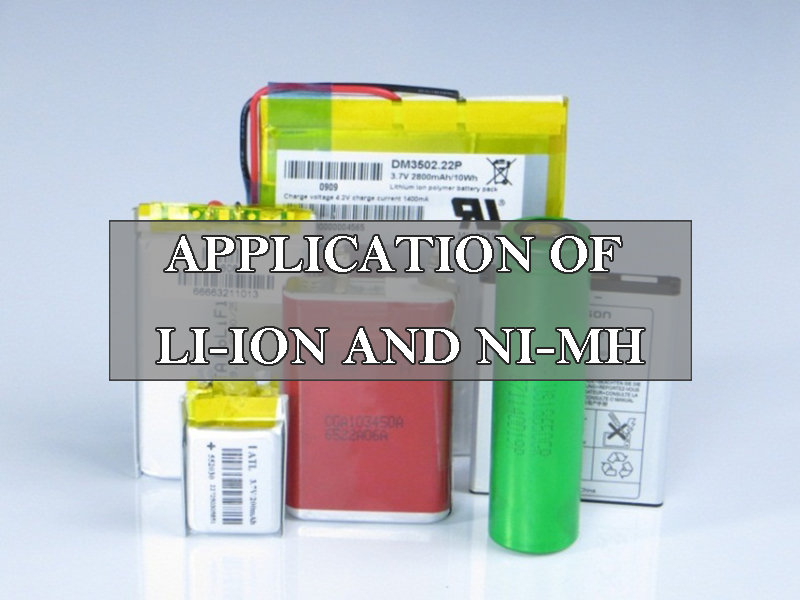
Application of li-ion:
li-ion batteries, on the other hand, are known to have high energy densities, high voltage rating, and large capacity as well. This makes li-ion batteries a widely preferred choice for consumer electronics and everyday applications some of which includes motorcycle,golf cart, electric vehicles, also could use as lithium rv battery or trolling motor battery.
4. The pro and cons of li-ion vs ni-mh battery
In comparing li-ion vs ni-mh battery there are always pros and cons to consider to know which battery type is more suited for your individual needs and applications.
Pros of li-ion:
- li-ion Battery cell has a relatively high capacity rating of more than 2500mAh
- They have a very high nominal average voltage rating not less than 3.2V.
- They are lightweight batteries and are also relatively safe to use.
- They allow for extremely fast charging.
- A low self-discharge rate about 3.5% per month means li-ion batteries can be stored or left idle for long periods without losing much of their initial charge.
- They have a long life span of up to 10 years under normal usage conditions.
- They can function in a wide temperature range (-20-60℃) . They are free maintenance.
- They are highly compatible with a wide range of devices.
Cons of li-ion:
- When comparing li-ion vs ni-mh battery, li-ion batteries are relatively expensive.
Pros of ni-mh:
- They are highly compatible with a wide range of devices because they are made in common battery sizes like AA and AAA.
- They are relatively safe due to the presence of less active materials used in manufacturing them.
- They can also be fully discharged to 0% without much problem to the battery itself.
- They are cheaper compared to li-ion batteries.
Cons of ni-mh:
- When comparing li-ion vs ni-mh battery, ni-mh has a much higher self-discharge rate some of which might lose up to 50% of their initial charge in a single month. Although this only applies to some variants of ni-mh batteries.
- They also have a relatively low average voltage of 1.2V which is considerably lower than that of li-ion batteries.
- When comparing li-ion vs ni-mh battery, ni-mh has a much slower charge time of between 8 to 12 hours as fast charging them may result in damage to the battery. This is unlike li-ion batteries which have a faster charge time between 3-5 hours depending on the battery’s capacity.
- Ni-mh batteries are extremely sensitive to temperature changes as their voltage levels drop at high temperatures.
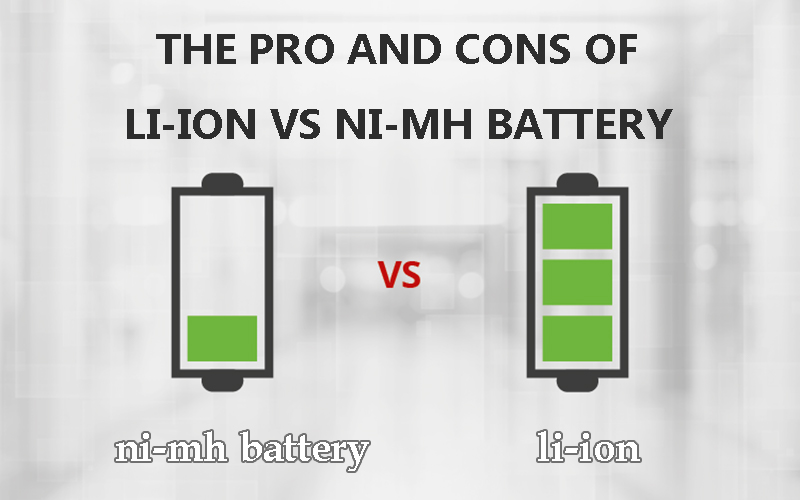
5. Is nimh the same as lithium
In comparing li-ion vs ni-mh battery, they are not the same and can not be used interchangeably. Both batteries are rechargeable and power a common range of devices but li-ion offers a wider range of devices compared to ni-mh batteries.
While ni-mh batteries may be cheaper, li-ion batteries have higher energy density and voltage and are more adaptable and environmentally friendly than ni-mh batteries.
6. What type of rechargeable battery lasts the longest
When comparing li-ion vs ni-mh battery, li-ion batteries are known to last longer with a low self-discharge rate and long life span, they can last for up to 4000 cycles that is about 10 years as opposed to ni-mh can only last for up to 3 years.7. Is nimh safer than lithium-ion
In comparing li-ion vs ni-mh battery, ni-mh batteries are relatively safe, but they are also easily susceptible to changes in temperatures which may result in the battery overheating causing a potential fire hazard. li-ion batteries are much more tolerant and hence relatively safer.
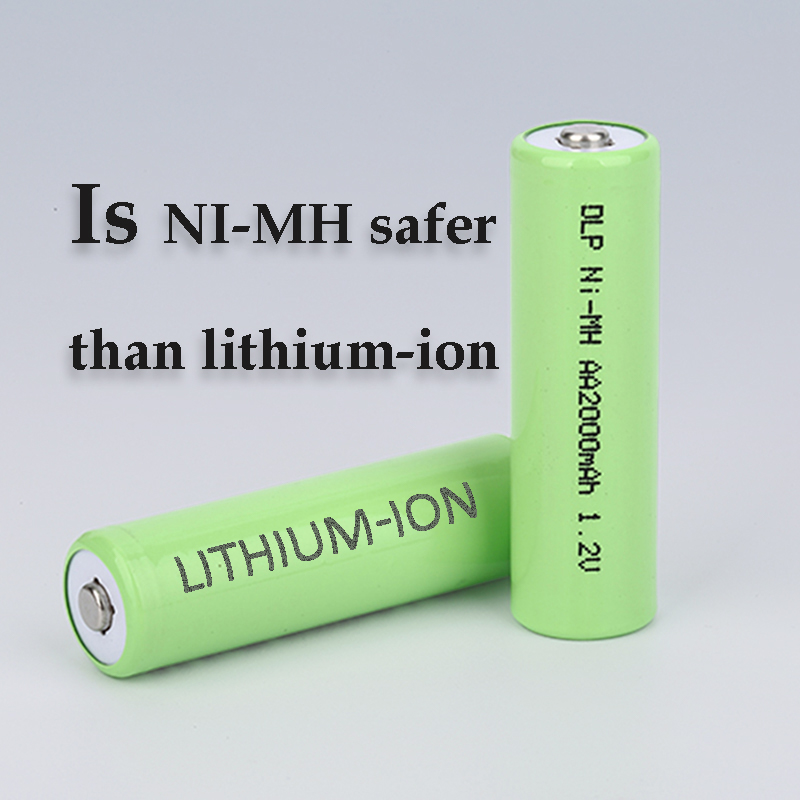
8. Which is better - li-ion vs ni-mh battery use in energy storage
In comparing li-ion vs ni-mh battery, li-ion batteries are much better for energy storage because while ni-mh batteries lose most of their stored energy owing to a high self-discharge rate which is not the case for li-ion as they can retain a charge for much longer periods.9. Can I charge a nimh battery with a li-ion charger
No, it is simply not recommended as both batteries have different chemistries and may not be compatible with each other if you use the same charger.
If you are just looking for a good lithium battery then you can refer to the top 10 lithium battery companies.
Related post: best lithium golf cart batteries, agm battery vs lead acid.
